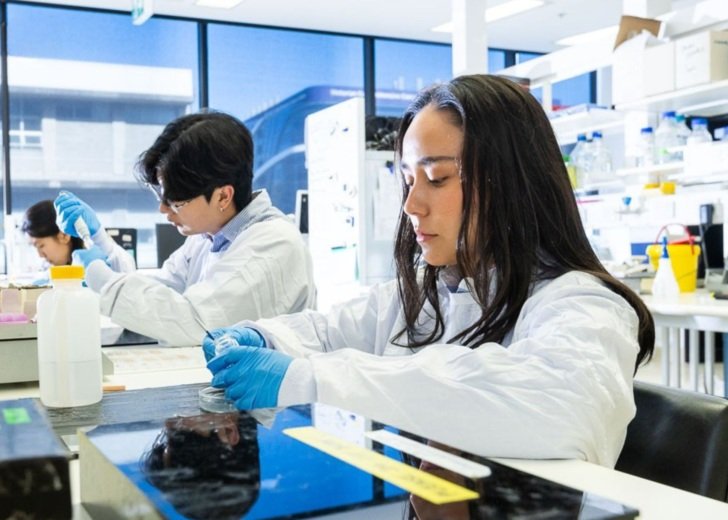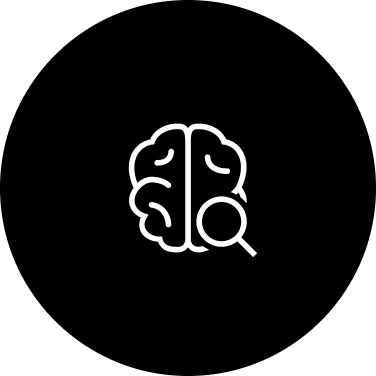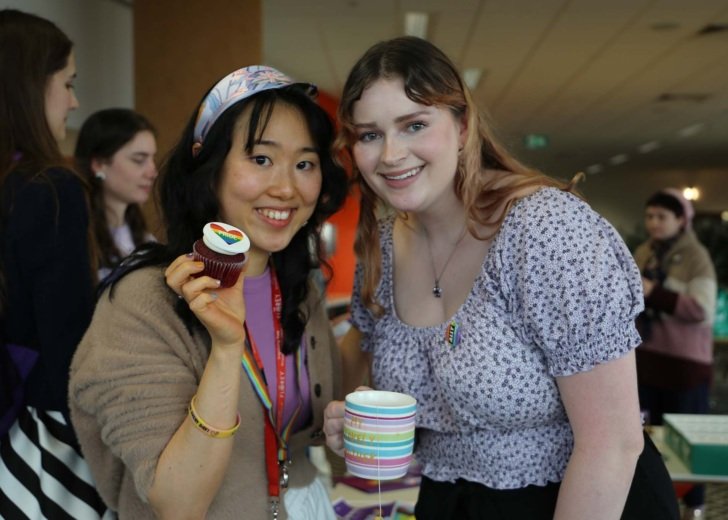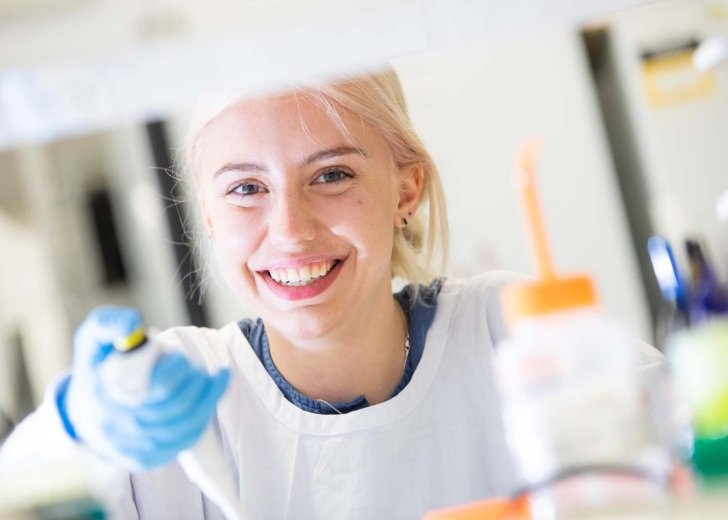Studying at The Florey
Page 3
Empowering the next generation of scientists
Study at the leading neuroscience institute in the Southern Hemisphere, and you will work with world-class scientists on a range of ground-breaking brain research.
You’ll collaborate with fellow researchers on projects that use cutting-edge facilities and technology.
What’s more, The Florey provides a welcoming and supportive training environment to help you with your study and career aspirations.

Why choose The Florey?
-

Advancing brain research
From fundamental science to clinical trials, we make a difference in the lives of those living with brain conditions. Studying with us puts you at the forefront of global neuroscience.
-

Supporting our students
We understand that our students are early career researchers. The Florey will provide access to academic, scientific and personal support. Our amazing Student Support team are an integral part of The Florey, and will give you the assistance you need throughout your studies at The Florey.
-

Diverse, innovative community
We have a strong sense of community, with an ever growing, diverse group of dedicated students from all over the world. Coming together with a passion for neuroscience and mental health, innovation and grand ideas, The Florey community collectively pursues the science of tomorrow.
-

Professional development
We believe that being a scientist is more than doing research. We offer a wide range of seminars, workshops and professional development opportunities. These help our students excel – including producing high-quality theses alongside peer-reviewed publications.
-

Social events
We want our students to feel welcome and a vital part of The Florey. We host multiple social events throughout the year so you can easily connect with your peers and foster new relationships and collaborations.
Students of The Florey (SOFI)
SOFI is an organisation run by students for students at The Florey. SOFI hosts events throughout the year where you can meet other students, sharpen your academic and professional skills, and build a lasting network of aspiring scientists from different areas of neuroscience and mental health.

Student Support
We have a dedicated Student Support team who support Florey students from the application process right through to graduation. The team can help you as a prospective student, including answering any questions you may have about the application process. Once you have enrolled, the team continues to support you through your studies, and connects you with other students and any resources you may need.
If you are interested in working with The Florey as part of your studies, or you are looking for a student internship, contact the Student Support team at [email protected] if you have any questions about your application.
Apply to study at The Florey
Whether you are interested in doing your honours, masters or PhD degree at The Florey, we’re here to help you through the application process. Do you know exactly what you want to research, or not sure what is the best fit for you? Use our student projects tool below to search for projects in your area of interest, or look for relevant supervisors and groups. We’ve also put together a step-by-step guide to help you prepare and submit your application.

Current student opportunities
Use the filters below to search for projects in your area of interest.
-
Biophysics of leaky HCN ion channels
This project aims to understanding how HCN channels open and close and elucidating HCN structure-function relationships.
Learn moreAccepting students -
Can we achieve precise medication use in people living with Alzheimer’s disease?
In this project, we will use high-throughput proteomics to profile drug transporter and drug metabolising enzyme expression in Alzheimer's disease (AD) and non-AD human tissues.
Learn moreAccepting students -
Can we identify novel biomarkers for early detection of Alzheimer’s disease?
This project will screen for antibodies that are uniquely produced in the lymph nodes of pre-symptomatic Alzheimer's disease mice.
Learn moreAccepting students -
Cell therapy for brain repair focusing on Parkinson’s disease
Proof of principle for cell replacement therapy in the treatment of Parkinson’s disease was first demonstrated in the clinic using human fetal tissue in the 1980s. Key limitations in this technology lie in the availability of donor material, graft survival and ensuring appropriate connectivity of the transplanted cells. Our research is focused on strategies to identify and select the ideal dopamine…
Learn moreAccepting students -
Contribution of APOE genome mosaicism to sporadic Alzheimer’s disease
This research aims to identify the effect of single-nucleotide mosaicisms of the apoE4 gene in patients with Alzheimer’s disease.
Learn moreAccepting students
